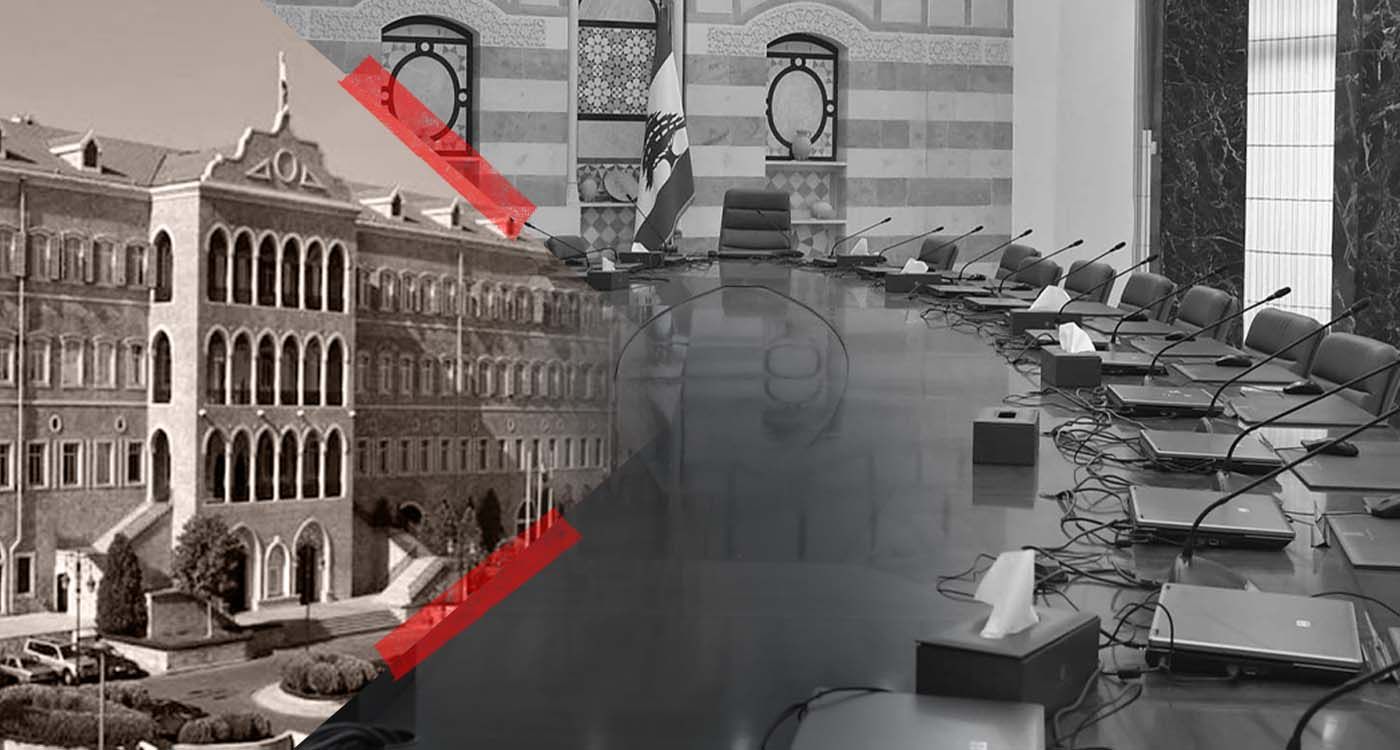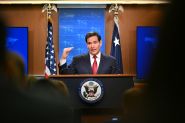
The empty chair is not a strategy, it is a disguised escape.
While the vast majority of Lebanese want a functioning state, Hezbollah maintains its destructive blocking tactics. But this approach can no longer succeed.
Since replacing the Syrian patron in 2005, the pro-Iranian group has steadily taken over institutions and created a chronic system of obstruction across all branches of power, including the executive, legislative and judicial. That era is over. Hezbollah no longer has enough allies, or rather lackeys, to support its ventures. They can no longer obstruct quorums, and the militia itself is too weakened to hold the state hostage and take it to the streets.
Hezbollah has turned to a new tactic: Shia representation. First used in 2006, also after a destructive war launched by the militia without regard for the will of the state, Hezbollah’s refusal to recognize the legitimacy of a government or decision forces the representatives of the Shia community to withdraw. It goes against the Constitution, the will of the majority of Lebanese and, above all, the basic principles of democracy.
A democracy is based not only on the separation of sovereign powers, but above all on the principle of respecting the results that create a majority and a minority. A minority has every right to oppose the policies of the majority, to criticize them and to express its disagreement. But this minority has no right to refuse to recognize the legitimacy of a decision made within the institutions, and even less the right to threaten the rule of law with a “Kerbala-style” war using weapons supplied from abroad.
Even in Lebanon’s so-called consensual democracy, which is based on the sacred National Pact of 1943 and the Taif Agreement of 1989, the absence of a single community is not enough to render a policy or decision illegitimate. We saw this on August 7, when the government took the decision to disarm militias despite the withdrawal of the Shia ministers. Their absence neither affected the two-thirds quorum required to hold a cabinet meeting, nor violated the National Pact.
The rules are clear: decisions must indeed be made by consensus, meaning they should be taken by a representative Islamic-Christian body. Nowhere, neither in the National Pact nor in the 1926 Constitution amended by the Taif Agreement, does it state that a single religious community can block the institutions. Otherwise, what would prevent the sole Druze minister in the government from blocking any decision he disagrees with?
The problem Hezbollah faces today is its lack of democratic awareness. It cannot and does not know how to accept political defeat, just as it struggles to accept military defeat. Convinced that it always achieves divine victories, how could it ever come to terms with a political loss?
Hezbollah has only one way to survive politically: accept the rules of the game and follow them. If it does not, it will face its own downfall and, unfortunately, take Lebanon down with it.




Comments